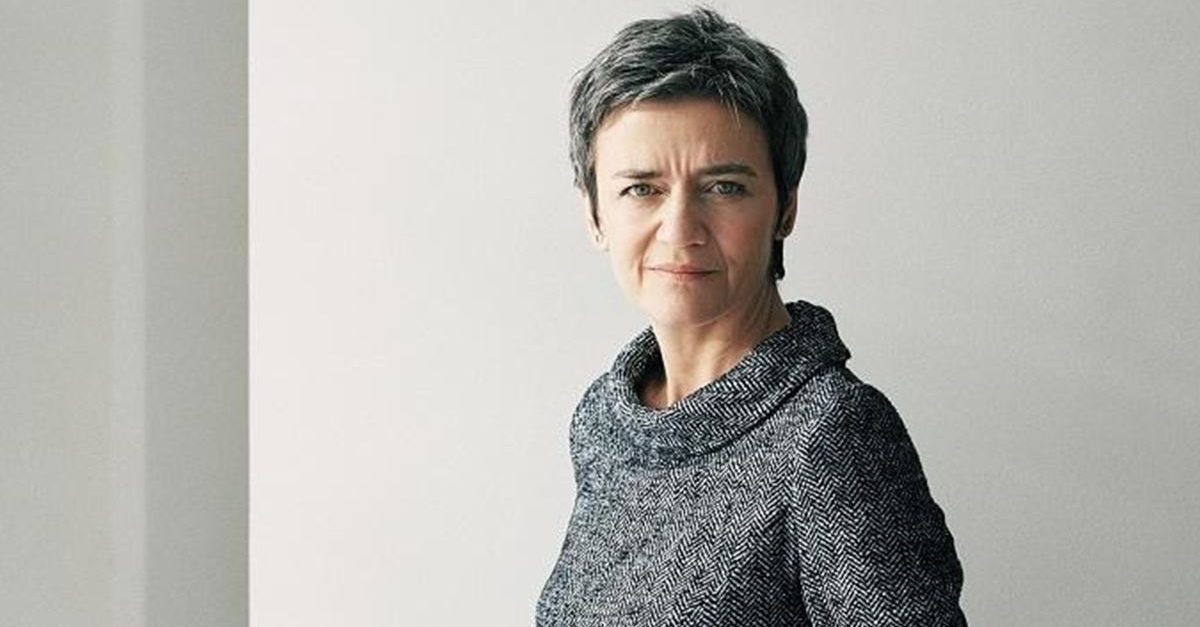The European Commission has opened a formal antitrust investigation to assess whether an agreement between Google and Meta (formerly Facebook) for online display advertising services may have breached EU competition rules. Executive Vice-President Margrethe Vestager, in charge of competition policy, said: ”Many publishers rely on online display advertising to fund online content for consumers. Via the so-called “Jedi Blue” agreement between Google and Meta, a competing technology to Google’s Open Bidding may have been targeted with the aim to weaken it and exclude it from the market for displaying ads on publisher websites and apps. If confirmed by our investigation, this would restrict and distort competition in the already concentrated ad tech market, to the detriment of rival ad serving technologies, publishers and ultimately consumers.”
Google provides advertising technology services that intermediate between advertisers and publishers by real time auctioning of online display advertising space on web sites or mobile apps, including through its ‘Open Bidding programme’. Meta provides online display advertising services and, through its ‘Meta Audience Network’, participates in auctions for third party publishers’ advertising space using Google’s and rivals’ advertising technology services.
The Commission investigation concerns a September 2018 agreement, which Google code-named “Jedi Blue”, between Google and Meta for the participation of Meta’s Audience Network in Google’s Open Bidding programme. The Commission is concerned that the agreement may form part of efforts to exclude ad tech services competing with Google’s Open Bidding programme, and therefore restrict or distort competition in markets for online display advertising, to the detriment of publishers, and ultimately consumers.
If proven, the practices under investigation may breach EU competition rules on anticompetitive agreements between companies (Article 101 of the Treaty on the Functioning of the European Union (‘TFEU’)) and/or the abuse of a dominant position (Article 102 TFEU).
The Commission will now carry out its in-depth investigation as a matter of priority. The opening of a formal investigation does not prejudge its outcome.
The UK’s Competition Market Authority (‘CMA’) has launched its own investigation into the agreement between Google and Meta. As customary, the Commission has been in contact with the CMA and intends to closely cooperate on this investigation following the applicable rules and procedures.
Background
Article 101 of the TFEU prohibits anticompetitive agreements and decisions of associations of undertakings that prevent, restrict or distort competition within the EU’s Single Market. Article 102 of the TFEU prohibits the abuse of a dominant position. The implementation of these provisions is defined in the Antitrust Regulation (Council Regulation No 1/2003), which can also be applied by the national competition authorities.
Article 11(6) of the Antitrust Regulation provides that the opening of proceedings by the Commission relieves the competition authorities of the Member States of their competence to also apply EU competition rules to the practices concerned. Article 16(1) further provides that national courts must avoid adopting decisions which would conflict with a decision contemplated by the Commission in proceedings it has initiated. The Commission has informed the companies and the competition authorities of the Member States that it has opened proceedings in this case.
There is no legal deadline for bringing an antitrust investigation to an end. The duration of an antitrust investigation depends on a number of factors, including the complexity of the case, the extent to which the companies concerned cooperate with the Commission and the exercise of the rights of defence.
The opening of formal proceedings does not prejudge the outcome of the investigation. It relieves the competition authorities of EU Member States of their competence to apply EU competition rules to the practices concerned.
More information on this investigation will be available on the Commission’s competition website, in the public case register under the case number AT.40774.
Photo : Executive Vice-President Margrethe Vestager, in charge of competition policy.






